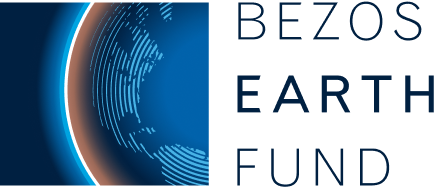A multidisciplinary group of experts will evaluate submissions based on the following equally weighted criteria and will recommend awardees for each phase.
In Phase I, an expert review panel scored proposals according to the selection criteria. The proposals with the highest scores advanced to the multidisciplinary judging panel, composed of experts at the intersection of AI, climate, and nature. The judges recommended up to 30 teams to be selected as Phase I Grantees. The Bezos Earth Fund determined the final slate of Phase I Grantees, who will each receive $50,000 in funding and an invitation to move onto the next phase of the Grand Challenge.
In Phase II, experts at the Bezos Earth Fund will evaluate submissions according to the Phase II selection criteria and recommend up to 15 awardees. The Bezos Earth Fund will confirm the final slate of awardees. After completing a Bezos Earth Fund grant agreement, each team will receive up to $2 million to close the gap between concept and viability.

